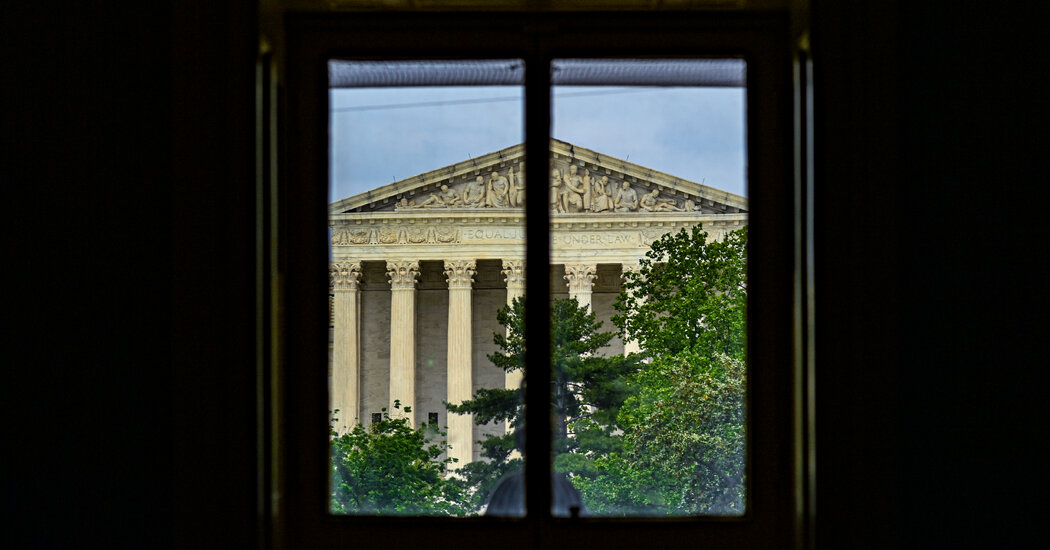“The sprawling evidentiary hearing in Jones is particularly poignant,” he wrote by way of example. “Ostensibly to assess cause and prejudice under Mar
“The sprawling evidentiary hearing in Jones is particularly poignant,” he wrote by way of example. “Ostensibly to assess cause and prejudice under Martinez, the district court ordered a seven-day hearing that included testimony from no fewer than 10 witnesses, including defense trial counsel, defense post-conviction counsel, the lead investigating detective, three forensic pathologists, an emergency medicine and trauma specialist, a biomechanics and functional human anatomy expert, and a crime scene and bloodstain pattern analyst.”
“This wholesale re-litigation of Jones’s guilt,” Justice Thomas added, “is plainly not what Martinez envisioned.”
Justice Sotomayor responded that the hearing was required because Mr. Jones’s lawyers had been inadequate. “Far from constituting an inappropriate and ‘wholesale re-litigation of Jones’s guilt,’” she wrote, “the district court’s hearing was wide-ranging precisely because the breakdown of the adversarial system in Jones’s case was so egregious.”
The Supreme Court’s decision, Justice Sotomayor added, “will leave many people who were convicted in violation of the Sixth Amendment to face incarceration or even execution without any meaningful chance to vindicate their right to counsel.”
Chief Justice John G. Roberts Jr. and Justices Samuel A. Alito Jr., Neil M. Gorsuch, Brett M. Kavanaugh and Amy Coney Barrett joined Justice Thomas’s majority opinion. Justices Stephen G. Breyer and Elena Kagan joined Justice Sotomayor’s dissent.
Robert M. Loeb, who represented Mr. Ramirez and Mr. Jones in the Supreme Court, expressed disappointment in the decision.
“The court’s ruling leaves the fundamental constitutional right to trial counsel with no effective mechanism for enforcement in these circumstances,” he said in a statement. “The decision misreads the federal statute, produces untenable results never envisioned by Congress and amounts to an assault on basic fairness in the criminal justice system.”
www.nytimes.com
